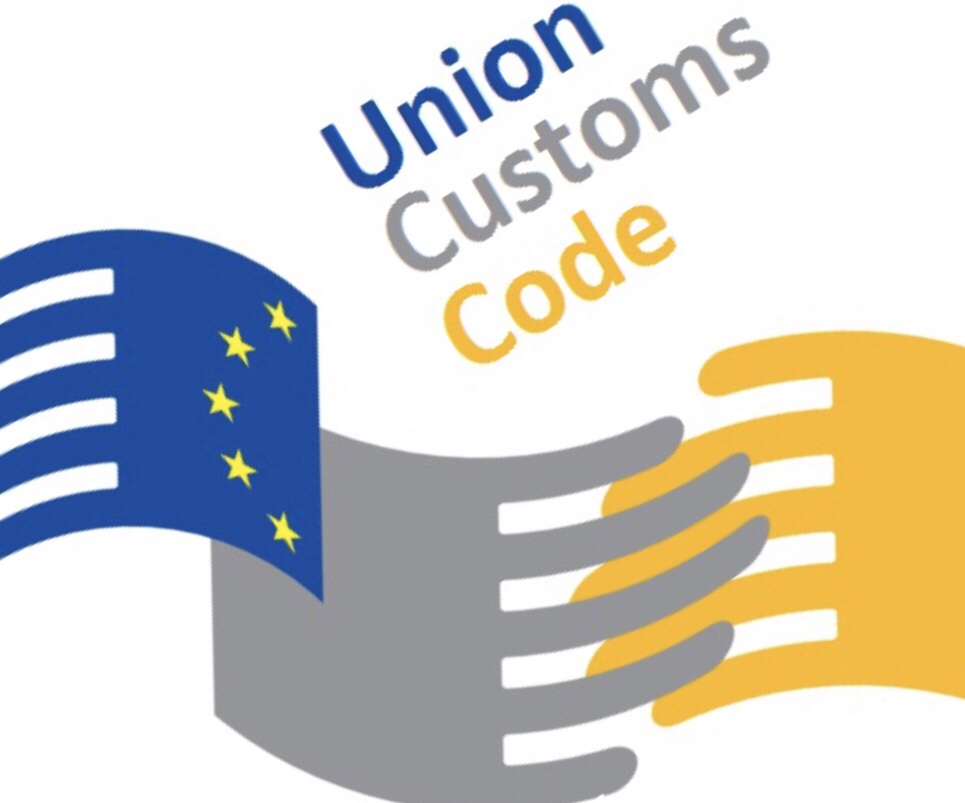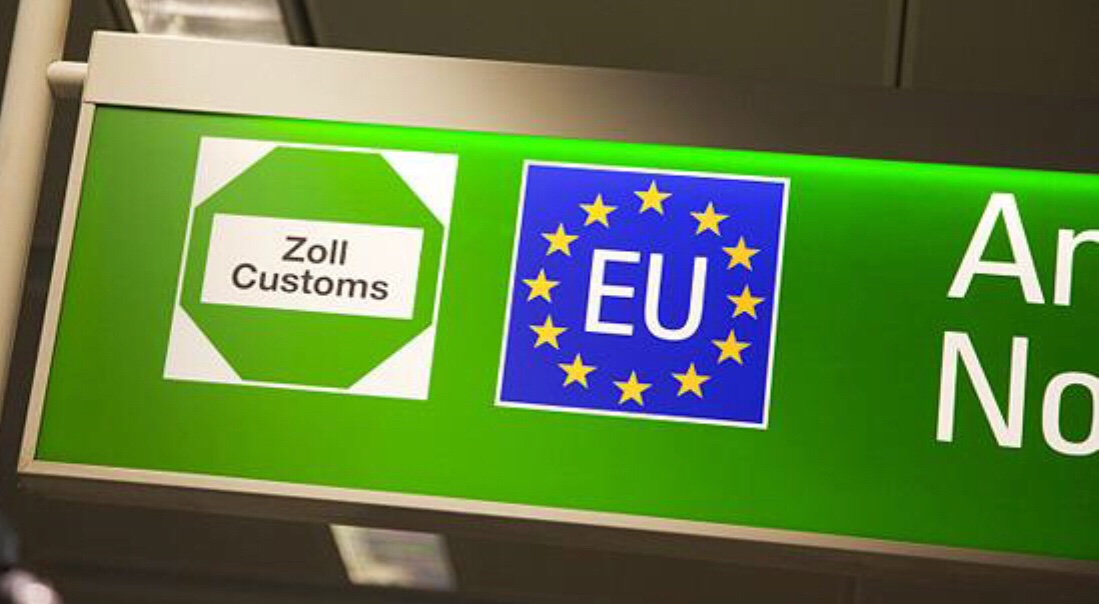UCC – what about its implementation?
The European Commission has published a report on the state of play of implementation of the new EU Customs legislation, the Union Customs Code (UCC) since its entry into force on 1 May 2016. The report also deals with how the Commission has exercised its power to adopt delegated acts supplementing the UCC.

The UCC provides a framework of EU customs rules that are adapted to a more globalised trade environment and modern communication tools, so as to facilitate cross-border flows of goods while protecting the financial and economic interests of the EU and Member States and the safety and security of EU consumers.
As regards the implementation of the UCC, the Commission concludes that the UCC has not encountered any major legislative problems during its first eighteen months of implementation. Any technical errors that have become evident have been rapidly solved due tothe process of regular consultation with Member States, trade, the European Parliament and all other stakeholders. The Commission and Member States are working intensively to implement the 17 electronic systems envisaged under the UCC. Once those systems are in place, all contacts between economic operators and customs authorities, and between customs authorities, will be carried out electronically and this will speed up and streamline customs clearance. While most of these systems will be deployed by 2020, some will not be ready for full deployment before 2025. Therefore the Commission is considering a legislative proposal to prolong the application of transitional rules to customs processes governed by the systems to be postponed; this will ensure the continued smooth functioning of the customs union in the period between 2020 and 2025.
The Commission will evaluate in the future whether the UCC has met the goals for which it was designed or whether any policy adjustments are needed.

Concerning the use of the power to adopt delegated acts conferred by the UCC, the Commission believes that it has exercised these powers actively and appropriately. At the same time, the Commission considers that this delegation of power should be extended in order to enable it to propose any further measures necessary to adapt customs legislation to technical and technological progress as well as to the dynamics of trade.
You can read the report here: UCC Evaluation
You must be logged in to post a comment.